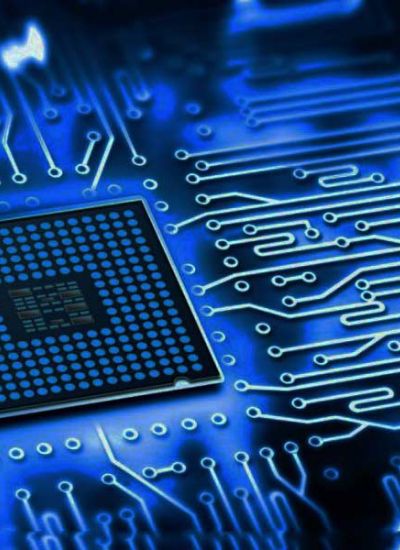Easy Data Recovery
- If you can't access your data because your operating system won't boot, why not boot a different operating system? Most versions of Linux are available as a Live CD--that is, an entire operating system bootable from CD. Boot a Live CD on your computer and you can quickly and easily recover your files and back them up, ensuring your data is safe before you wipe the drive on your computer.
You can find a free download for a Linux Live CD from the Ubuntu website. This open source operating system can be installed on any computer, but is distributed as a Live CD--meaning you can use it without altering your current system. It's perfect for when you need to access the data on a computer with an operating system that won't boot.
Simply burn the downloadable ISO file to disk and reboot your computer, being sure to boot from the CD. When Ubuntu boots you can access your Windows drive by clicking "Places," then your drive. You can drag files from there to your external hard drive or to a network drive, if you prefer. - If the Live CD method doesn't work, it may be time to extract the hard drive from the computer and plug it into another computer. You will need enough knowledge to take your computer apart and to find the hard drive--a process more straight forward for desktop computers than it is for laptop computers. How this is done varies a great deal depending on your computer, but the documentation that came with your computer should explain how to do this.
Once you've removed your hard drive, you can connect it to another computer with an IDE/SATA to USB cable, available at any electronics store or online at sites like newegg.com, Amazon.com or eBay--typically for less than $20. Plug your hard drive into another computer with the cable and you'll be able to recover your files with ease, either dragging them to the other computer's hard drive or to an external drive.
If this doesn't work, there's a chance your hard drive is dead. It's best to call the professionals rather than putting your data at further risk.



















